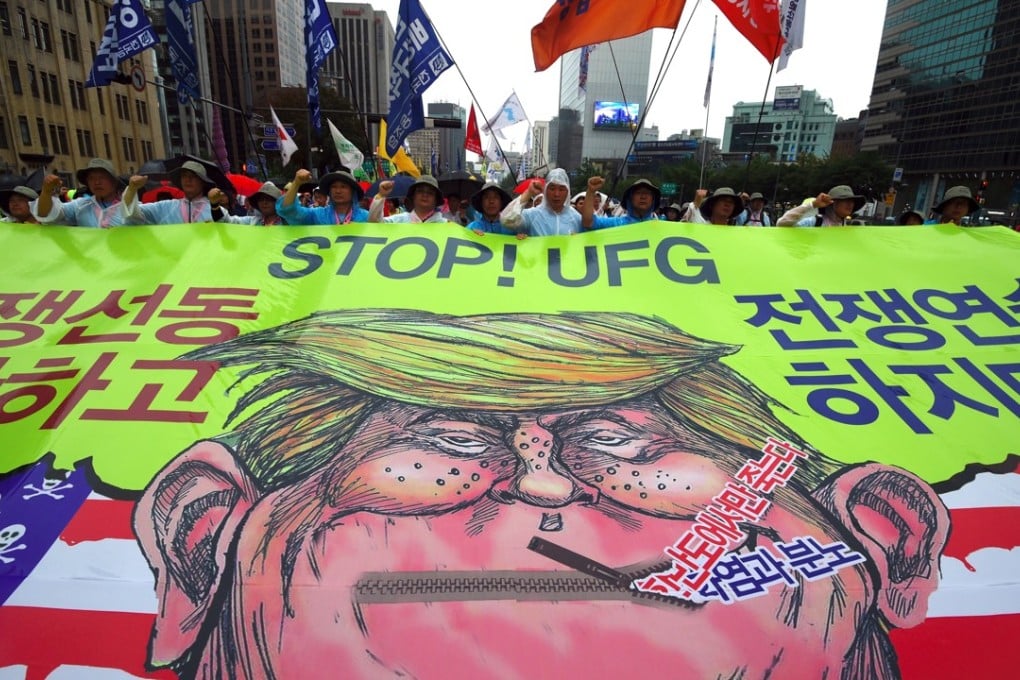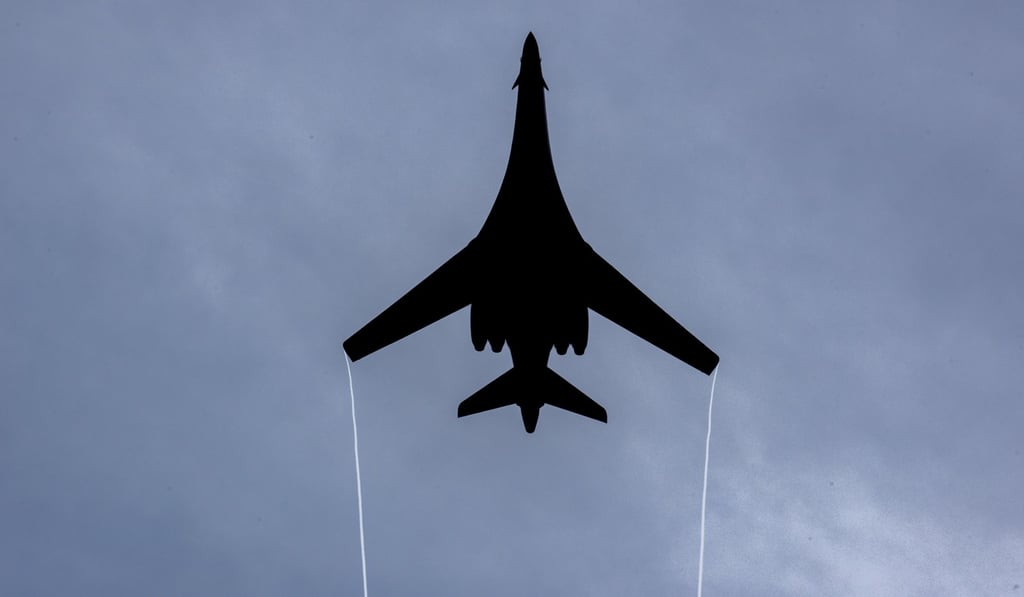Opinion | Why the North Korea nuclear crisis will return with a vengeance
China’s clampdown on imports makes it easy for Washington to give sanctions another chance in the short term, but in the long term ...

Accustomed to the privileges of being a superpower, Americans have a low tolerance for insecurity. They cannot abide the notion that the Democratic People’s Republic of Korea (DPRK) government, which Americans generally believe is both irrational and extremely hostile, will soon be able to hit the US homeland with a nuclear missile.
WATCH: US versus North Korea: Beijing residents have their say
It is reasonable to interpret Trump’s comment as a restatement of a long-held and rather obvious US position, which is that if North Korea were to use a nuclear weapon against the United States or a US ally, Washington would respond with a devastating military attack against the North Korean government, very likely including a nuclear counterstrike. It is necessary for the US to restate this position more clearly and strongly as North Koreans get closer to a nuclear capability, lest they believe their new capability makes them immune to retaliation.

For its part, Pyongyang speaks in stridently bellicose terms as part of a time-honoured strategy of using bravado to compensate for economic and conventional military weakness vis-à-vis the US and South Korea, to extract concessions from them, and to create the impression at home that the Kim regime is heroically protecting the country from war-mongering foreigners. Actually starting a war, however, would be suicidal for the regime. North Korea generally stipulates that its threats are what the DPRK would do in response to a US or South Korean attack. In some cases Pyongyang has issued vague threats that turn out to be bluffs, such as saying it will retaliate against economic sanctions with military force.
North Korea is addicted to missiles – if intervention fails, it’s war
There are three possible ways Washington can attempt to stop North Korea from deploying a workable long-range nuclear missile. The first is diplomacy with Pyongyang. This appears to have reached an impasse because Washington insists negotiations must be about Pyongyang denuclearising, while Pyongyang insists it will never give up its nuclear weapons.
